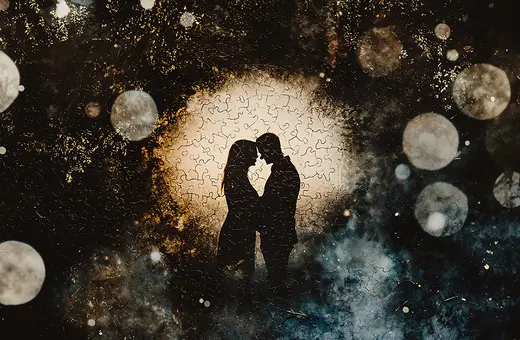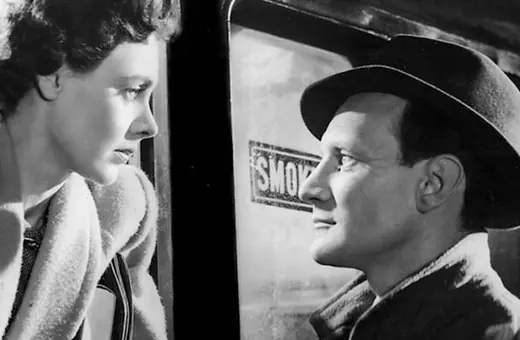In ancient Greece, Eros played a central role in public life. But we have since largely forsaken the loving and connective potential of Eros, particularly when it comes to philosophy, perhaps in part due to the individualism and staunch rationalism derived from the Enlightenment. Sam Woodward argues we need to reclaim the potential of Eros, so that we might learn from Plato’s erotic framework to foster relationships based upon a love for obtaining wisdom. By exploring countless avenues of knowledge and virtue, we create the potential to leave behind something greater than ourselves after we die.
In the Symposium, Plato’s dialogue on Eros (Cupid for the Romans), Socrates and other guests attend a drinking-party and take turns giving speeches in praise of Eros and his power. Aristophanes, the famous comic playwright, tells a myth. “Long ago”, he says, “the natural human form was not as it is now, but different”. There were not two types of human, male or female, but three: male, female, and androgynous. We were completely round, with two faces on a single head and two sets of arms, legs, and genitals, tumbling about at great speed because of our eight limbs. We were strong and contrived to attack the gods, and so Zeus punished us by splitting us in half. For each half created, he had Apollo construct the belly and chest and turn the face towards the incision, leaving the navel as a reminder of our previous state. Each half then yearned insatiably for the half from whom they had been separated, desiring to be rejoined as one. Zeus thus moved our genitals to the fronts of our bodies so we could enjoy the relief of sexual intercourse. “So it is from that far back in time that love (eros) of one another has been innate in human beings”. This also explains, continues Aristophanes, why today there are males who love females and females males, but also males who love males and females who love females. We desire the sex of the other half to whom we were joined in our primordially fused state.
___
Eros as the “desire and pursuit of the whole” neatly encapsulates the philosophical life.
___
Upon meeting our other half, both are struck with “mutual affection” (philia), “love” (eros) and the desire to live together inseparably in an intimate relationship regardless of our partner’s sex. Indeed, our Eros is so powerful that we would, without hesitation, agree to be melted down and welded together, fused from two beings into one whole and back to our original nature. This is how Aristophanes defines Eros: “the desire and pursuit of the whole has the name of eros”.





















Join the conversation